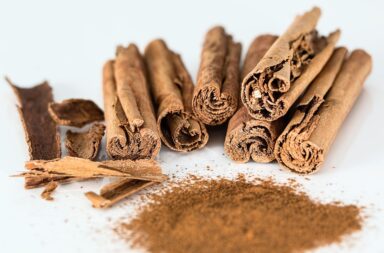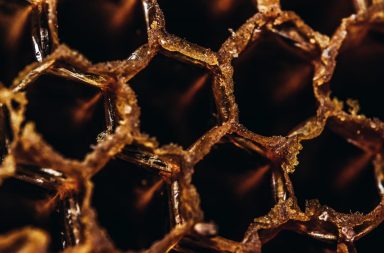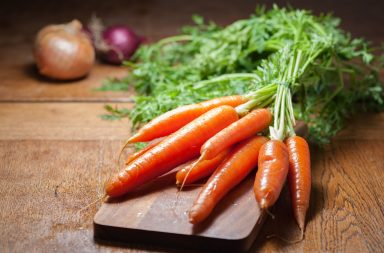Are you currently suffering from gallstone issues? If so, let’s take a look at what to eat when you have gallstones. You’ll probably know by now that the gallbladder is essential for digestion.
When it comes to healthy eating, there are so many things to monitor closely. For instance, it’s vital to know the risk factors and symptoms of infections in various organs in the body. More so, it’s even more important to know what to eat when you have gallstones.
In this article, we’ll be sharing vital information about the gallbladder and gallstones. This includes further information on what to eat when you have gallstones, the foods to avoid as well as ten healthier options. We will also look into a few lifestyle changes to consider.
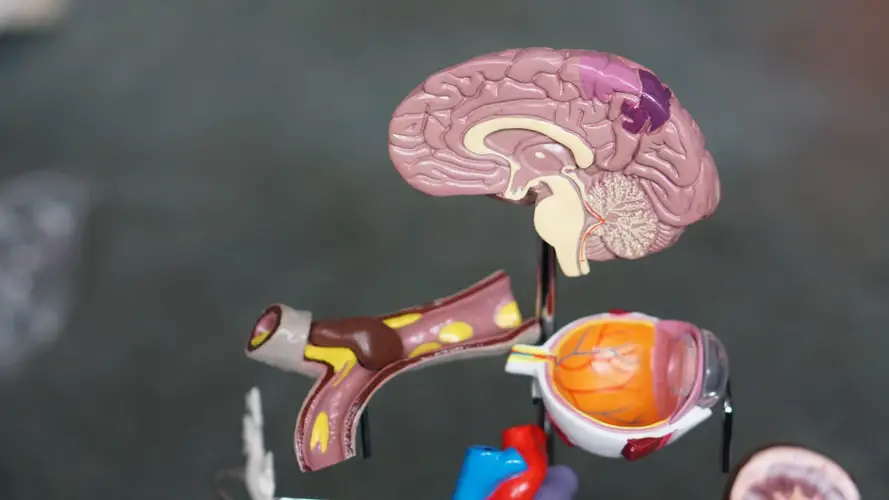
Photo Credit: Robina Weermeijer
What are gallstones?
To properly understand what to eat when you have gallstones, you will first need to be clear on what gallstones are.
Gallstones are small, hard objects that take the shape of a pebble. They are usually found in the gallbladder or bile duct. For the most part, they comprise bile pigments, cholesterol, and calcium salts.
Gallstones are a painful experience, and the larger they are, the higher the risk of gallbladder duct blockage. You don’t want that since it makes it hard to pass out waste stored in the gallbladder. When this persists, they become dangerous to health and life, hence, the need for gallbladder removal.
Two major gallbladder problems include cholecystitis (inflammation of the gallbladder) and cholestasis (gallstones). These health problems can either come with symptoms or give no visible signs at all. For symptomatic cases, abdominal pain in the upper right side is common, as well as nausea, loss of appetite, jaundice, coloured urine (tea-like), yellowing skin, light-coloured stools, and/or fever.
More often than not, the abdominal pain comes right after meals, especially when you consume fatty foods. More than men, women are at more risk of developing gallstones. It’s even more rampant with women on hormonal birth control, hormone replacement therapy, and pregnant women.
General risk factors of gallstones can also include excess weight, rapid weight loss right after rapid weight gain, history of gallbladder issues, diabetes, coronary artery disease, and liver disease. Other factors include too much bilirubin in the bile, the bladder not emptying properly, food allergies, lactose intolerance, and inappropriate diets such as meals with high carb content and calories.
With all the above said, let’s further find out what to eat when you have gallstones.
1. What To Eat When You Have Gallstones: Vitamin C, magnesium & folate
Vitamin C, magnesium, and folate are nutrients that could help prevent or limit the symptoms of gallbladder disease. You can find them in fresh fruits and vegetables. Good vitamin C sources include broccoli, kiwifruit, tomatoes, green pepper, red pepper, citrus fruits like orange, which are high in vitamin c, strawberries, and so on.
For the best results, opt for raw fruit and vegetables rather than cooked. In situations where you must boil, ensure it is for a minimal time.
Magnesium food sources such as soy milk, spinach, peanut butter, yoghurt, avocado, banana, potato, almonds, cashew, and black beans are also very beneficial for those with gallstones. Meanwhile, you can find folate in asparagus, liver, spinach, beef, black-eyed peas, and fortified cereals.
2. Drink coffee moderately if You Have Gallstones
Coffee is made from beans, and beans are a good meal component for people with gallstones.
Drinking coffee moderately has the potential to protect gallbladder function and limit symptoms.
Through this, asymptomatic patients can avoid developing critical symptoms of gallstones too. Research shows that coffee stimulates contractions in the gallbladder and lowers cholesterol concentrations in bile.
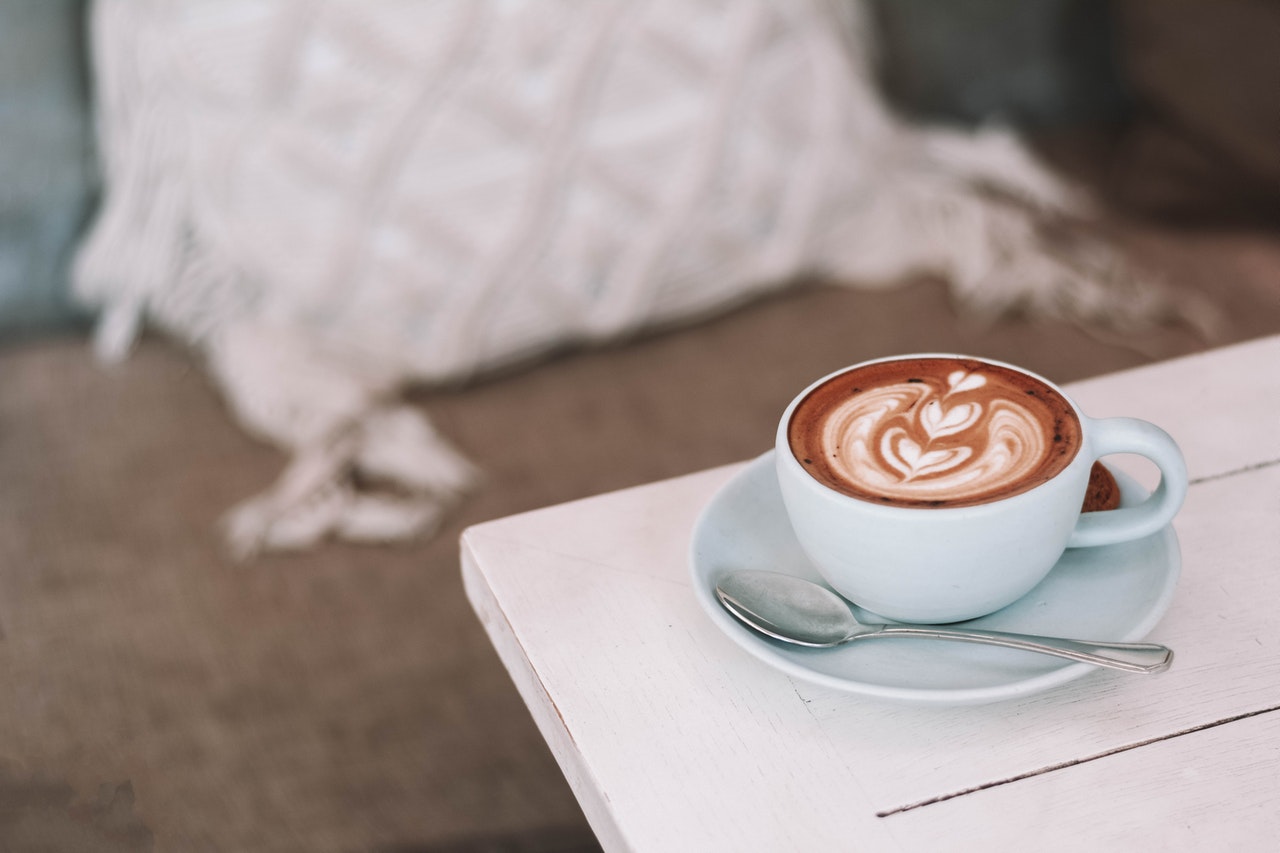
Image credit: Content Pixie
3. Calcium-rich foods & Gallstones
Calcium has several benefits, and a sufficient intake of calcium in your diet can promote gallbladder health. You will find calcium in leafy dark green vegetables like broccoli and kale. Also, try to opt for dairy products like milk, cheese, and yoghurt, as well as zero-fat dairy alternatives like flax milk and almond. Additional sources of calcium include sardine and orange juice.
4. Include fibre-rich foods in Your Diet to Protect the Gallbladder
Fibre aids digestion and equally protects the gallbladder from aggravated gallbladder disease symptoms. To put it simply, it makes the movement of food through the stomach easy. It also helps to reduce the secretion of unnecessary secondary bile acids.
Research shows that a high-fibre diet can reduce the production of biliary sludge, resulting in rapid weight-loss. By including a high fiber diet, you will have less gallbladder sludge and, as such, develop resistance to gallbladder diseases. What this means is that fiber is highly beneficial for preventing or reducing the symptoms of gallstones in people who want to lose weight as quickly as possible.
For a swift switch to a high fibre diet, opt for from legumes, whole grains, fruits, vegetables, nuts and seeds.
5. Opt for Healthy fats if You Have Gallstones
By now, it is clear that fat is an enemy to your gallbladder and should be consumed in small amounts. However, your body cannot completely do without fats, and so it is better to opt for unsaturated fats like omega-3, which helps to keep the gallbladder healthy. Sources of healthy fats include walnuts seeds, flaxseed oils, flaxseed, freshwater fish, and nuts.
Although these fats are present in supplements, it is advisable to opt for natural food sources since not all supplements are suitable for everyone. If you must take supplements, get the right prescription from your doctor.
6. What To Eat When You Have Gallstones: Lean Protein
Protein is indisputably one of the essential nutrients thanks to its ability to repair cells. However, the most prominent sources of protein have their adverse effects, too, especially when consumed in large amounts. Protein sources like red meat and dairy products are high in fat and salt, and too much fat intake is bad news for the gallbladder.
Rather than ruling out protein, it is better to switch to low-fat protein food sources, such as soy products and dairy alternatives. Also, instead of processed dairy products and meat, opt for fresh dairy products without extra sugar for a healthy diet and gallbladder.
7. Include Plant-Based Foods to Avoid Gallstones
To achieve a healthy diet, you need to maintain a balanced diet. For the most part, a balanced diet should include plant-based for the body to have all the nutrients it needs to stay healthy.
Plant-based foods contain antioxidants that help the body get rid of toxic substances, or free radicals – as they are popularly known. These free radicals develop in nature, but mostly as a result of unhealthy processed foods. When free radicals remain in the body, there will be oxidative stress, which can cause damage to the cells and lead to life-threatening diseases such as cancer.
Plant-based foods are also an excellent source of minerals and vitamins. They all work together to limit the effects of gallbladder diseases. More so, there are many plant-based foods to choose from:
- Vegetables such as swiss chard, broccoli, kale, spinach, bell pepper, sweet potatoes, and asparagus.
- Fruits, such as grapefruit, banana, watermelon, and avocado, are a good pick. The acai berry fruit is also an excellent source of antioxidants.
- Whole grains such as whole-wheat pasta and bread, brown rice, and farro. Nuts such as cashew nut, walnut, and macadamia nuts. Seeds like hemp seeds, flaxseed, and chia seeds. Also, beans like lentils, black-eyed peas, and coffee.
- Tea is also an excellent plant-based option. Include chamomile, ginger, or lavender tea in your diet for a complete healthy meal.
8. What to Eat When You Have Gallstones: Opt for Skinless Poultry
Poultry foods are usually high in fat and unhealthy protein. For this reason, it is advisable to select lean parts of meat and peel off any visible fat. Also, prepare your meat, fish, or other poultry in a way that allows fat to drip off.
A better option is to eat more low-fat protein alternatives such as tofu, legumes, lentils, and beans.
9. Limit Fat intake if You Have Gallstones
Instead of using salad dressings that contain high cholesterol or other meals high in fat, it is best to opt for non-hydrogenated canola, olive, and margarine/mayonnaise. Soybeans oil is also better than regular groundnut oil.
The recommended amount of fats to be consumed by people with gallstones is 30-45 mL, which is about 2-3 Tbsp each day. Stay away from deep-fried foods, meats, rich gravies, and creamy sauces.
10. What to Eat When You Have Gallstones: Reduce high-fat desserts & snacks
High-fat snacks and desserts like cookies, premade baked goods, and chocolate are not the best options, especially when you have gallstones.
These foods are not only high in unhealthy fats, but they are also low in the necessary nutrients your body and gallbladder need to stay healthy.
Switch to less fatty foods if you want to be free of gallstones or related diseases.
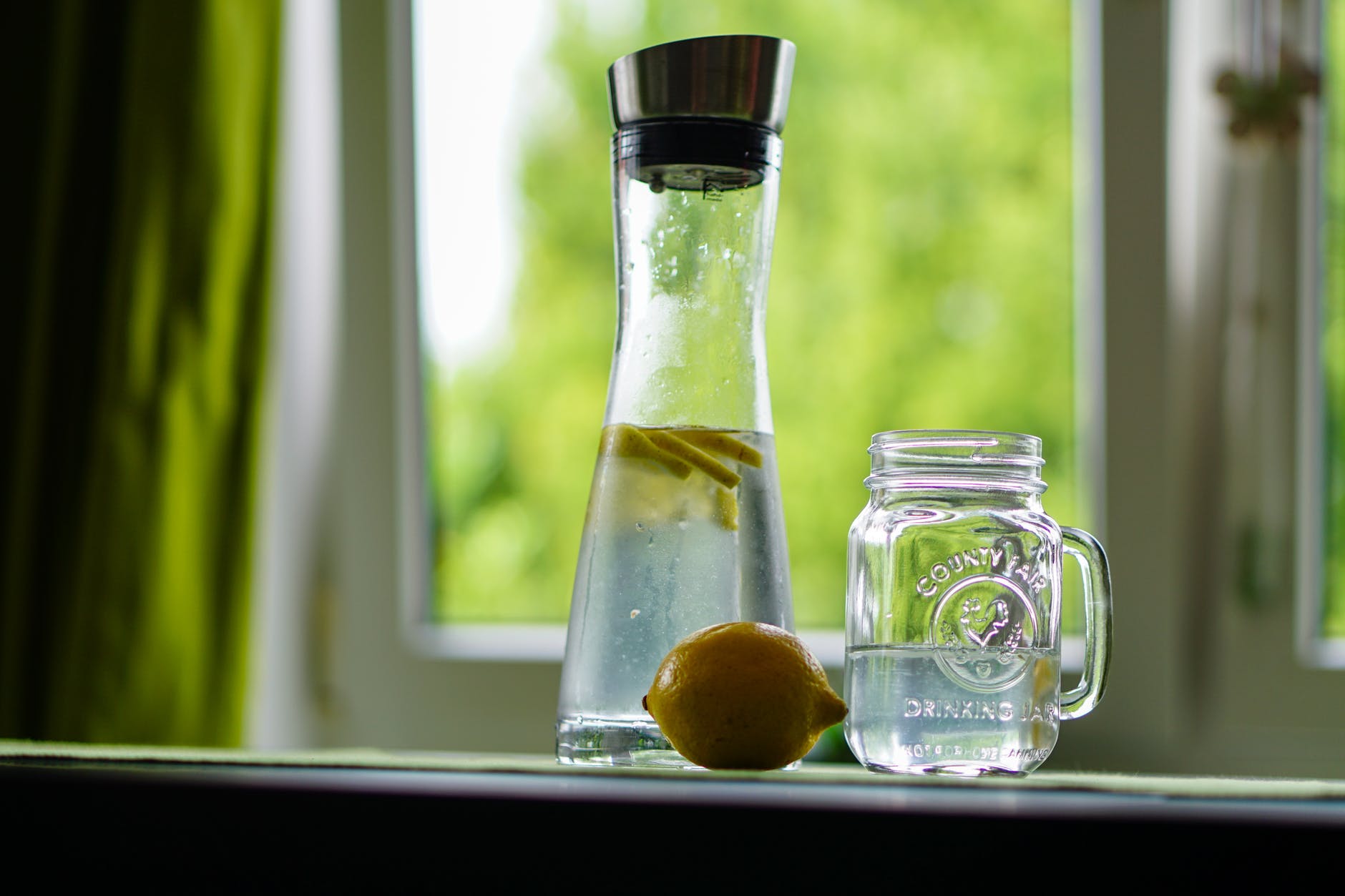
Photo Credit: Pixaby
What NOT to Eat When You Have Gallstones
Earlier, we looked at what to eat when you have gallstones, let’s now take a look at the general foods to avoid when you have gallstones…
What to Eat When You Have Gallstones: Avoid Refined Carbohydrates
Consuming refined carbohydrates can cause gallbladder disorders. For example, consuming 40 grams of sugar daily increases the danger of gallstone formation with symptoms. When you avoid processed white foods, such as pasta, sugar, bread, and sugars, your gallbladder will be in healthier condition. You should also limit or avoid carbs present in sweeteners, sugars, cookies, candy, premade baked goods, refined flour and grain products, and chocolate.
Unhealthy Fats Don’t Help the Gallbladder
A high intake of trans or saturated fats puts a strain on the function of the gallbladder, which produces bile that aids the digestion of fats. By consuming lots of processed and fatty foods, you have a higher risk of having or aggravating symptoms of gallstones.
Examples of such unhealthy foods include processed meat, fried foods, and full-fat dairy products. Also steer clear of premade baked goods such as chocolate, and desserts, as well as ice cream and candies.
How important is the Gallbladder?
The gallbladder is the organ that stores bile, which is produced by the liver. It also releases bile into the small intestine where food is stored and digested. Since the gallbladder is located right below the liver, the connection and symbiotic function both organs perform are easy to understand.
Being an organ crucial to the digestion of food, the gallbladder must be kept in excellent condition. That’s why it’s important to know what to eat when you have gallstones. For the most part, you need to eat healthy foods that contain balanced nutrients.
Understandably, if you don’t eat healthily, and your gallbladder is affected, it might have to be surgically removed. So, to prevent any invasive procedures, being clear on what to eat when you have gallstones is a must.
Symptoms of Gallstones: When are Gallbladder Problems Considered Critical?
The following signs of critical gallstone complications warrant that you see your doctor immediately for care or surgery.
- If you experience jaundice which is indicated by yellowing of the skin and white parts of your eyes
- Intense abdominal cramps are a major indicator
- If you find it hard to sit still or comfortably
- High fever accompanied by chills is a sign you should not ignore
Can Gallstones be Cured Without Surgery?
If your symptoms are not as critical as the ones listed above, your gallbladder problem may not require surgery.
As mentioned earlier, a simple change in your diet and lifestyle will suffice. If your symptoms lean towards vomiting or nausea, this is also a cause for alarm.
Other symptoms include sharp increasing pain in the centre of your abdomen, breastbone, and back, as well as towards your shoulder blades or your right shoulder.
Disadvantages of Ayurvedic Medicine: Is the Ancient Treatment Safe?
Gallstones & Lifestyle Changes: Consider a Detox
The body generally needs a regular detox to remain healthy. Likewise, a general or targeted detox can cleanse and keep the gallbladder clean. Although most people misuse the word ‘detoxification’, when done correctly, it keeps the body system clean and functioning. One method of detoxification that’s safe enough is drinking water first thing in the morning. This not only improves the functions of the gallbladder but also reduces and flushes out gallstones. More so, it enhances the digestive system.
There is no reliable scientific evidence to back this up, but some studies have shown that it does help bowel movement and digestion. Since that is what the gallbladder helps with, it is safe to say it is worth a try. This method can be done intermittently and shouldn’t affect a regular healthy diet.
If you continue to notice severe symptoms of gallstones or any other gallbladder disease, you definitely should see your doctor.
Keep your BMI within limits if You Have Gallstones
Fat and obesity do not good if you want to live healthily. That’s why your body mass index should be within a healthy range. This will protect you from a lot of health risks, including gallstones. To maintain a safe BMI, you need to eat healthily and live healthily. Engage in workouts that help you gradually progress towards a reasonable size, and equally make you feel great.
Lose weight & Aid the Gallbladder
It is understandable to want to lose weight quickly, but when it happens, you put pressure on your liver and gallbladder. This, in turn, puts you at the risk of developing gallstones. The best way to lose weight is to use a combination of a proper diet and various exercises, such as anaerobic exercises which you can do in the comfort of your home.
While intermittent fasting is good, it should be done moderately, so it doesn’t add to your risk of having gallbladder problems. Another diet option that usually seems safe but is dangerous to your gallbladder is intravenous feeding. It should be limited or stopped entirely if possible.
Gallbladder Disorder & Allergens
One trigger of gallbladder disorder is an allergen. Not knowing what you are allergic to is a problem that can increase your risk of having gallstones. You are better off having an allergy test to determine what you can and cannot eat. When you know your allergies, you can easily plan your diet without worrying about triggering diseases, including gallstones.
Help Your Body by Dropping Smoking & Drugs
Smoking tobacco or taking recreational drugs can cause gallstones to form, thereby leading to gallbladder dysfunction. The major risk to the gallbladder associated with smoking is gallbladder cancer, which is as deadly as it sounds because of the way cancer spreads fast. When not detected early, you can be in danger. To be on the safe side, it’s best to quit smoking tobacco or other hard substances altogether.
What to Eat When You Have Gallstones: A summary
To summarise, knowing what to eat when you have gallstones is vital. As such, you must treat your body to a proper diet and healthy living as detailed above. Although your body can still digest food without the gallbladder (with the help of your liver), however, no one wants to go through the pain and discomfort that comes with the symptoms of gallstones.
In a case whereby you are already experiencing the symptoms of gallstones, or you suspect you have them, following some of the tips provided in this article could greatly help you with reducing the symptoms.
If this article on what to eat when you have gallstones has been helpful, drop your thoughts, invite a friend to read and subscribe to the newsletter.
